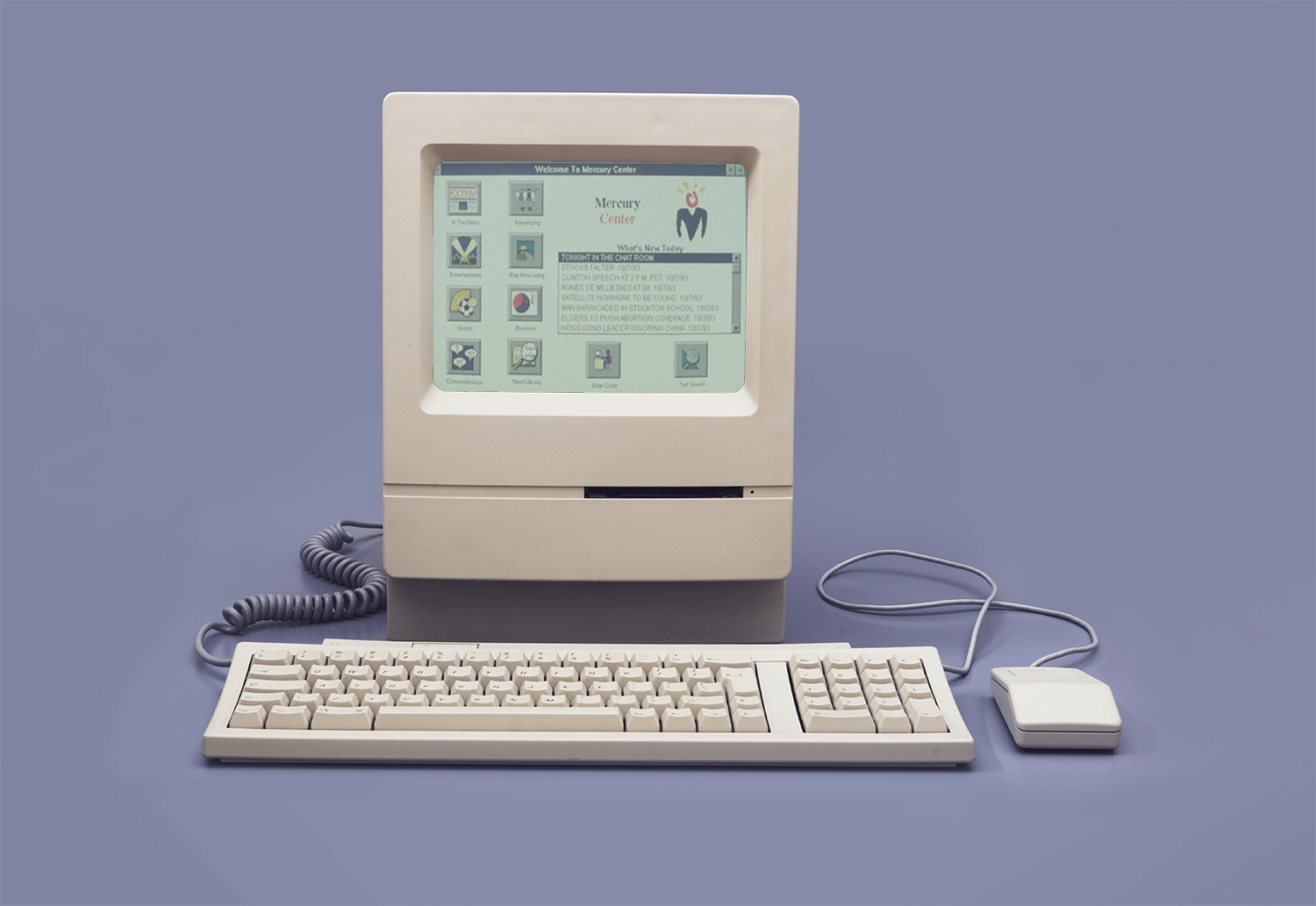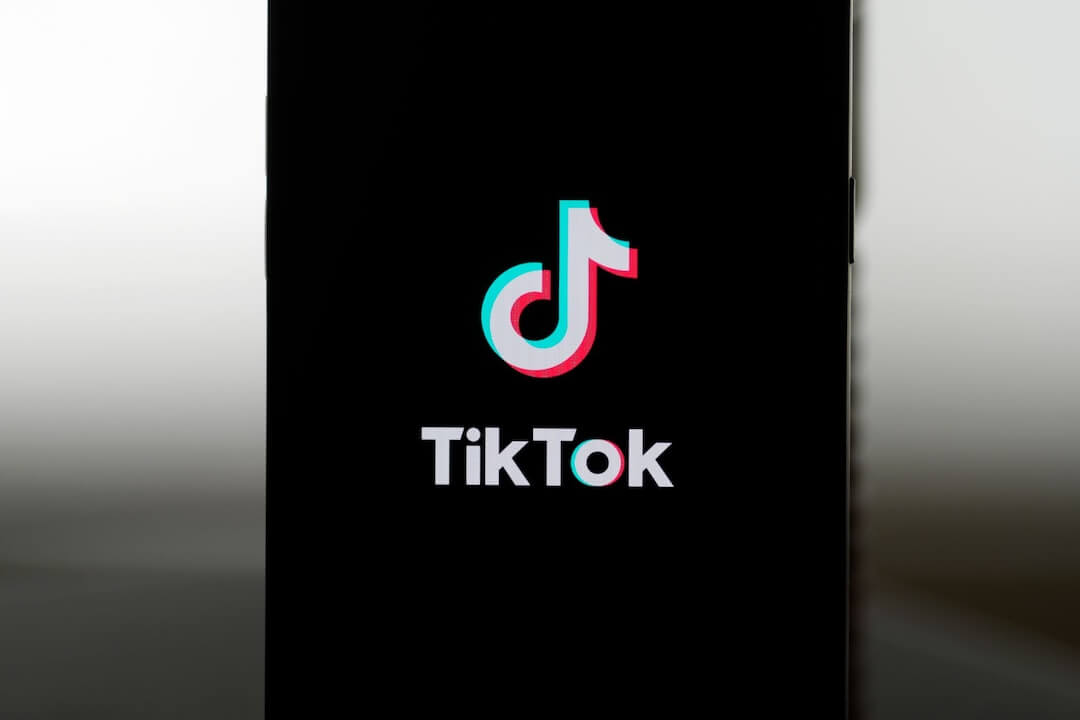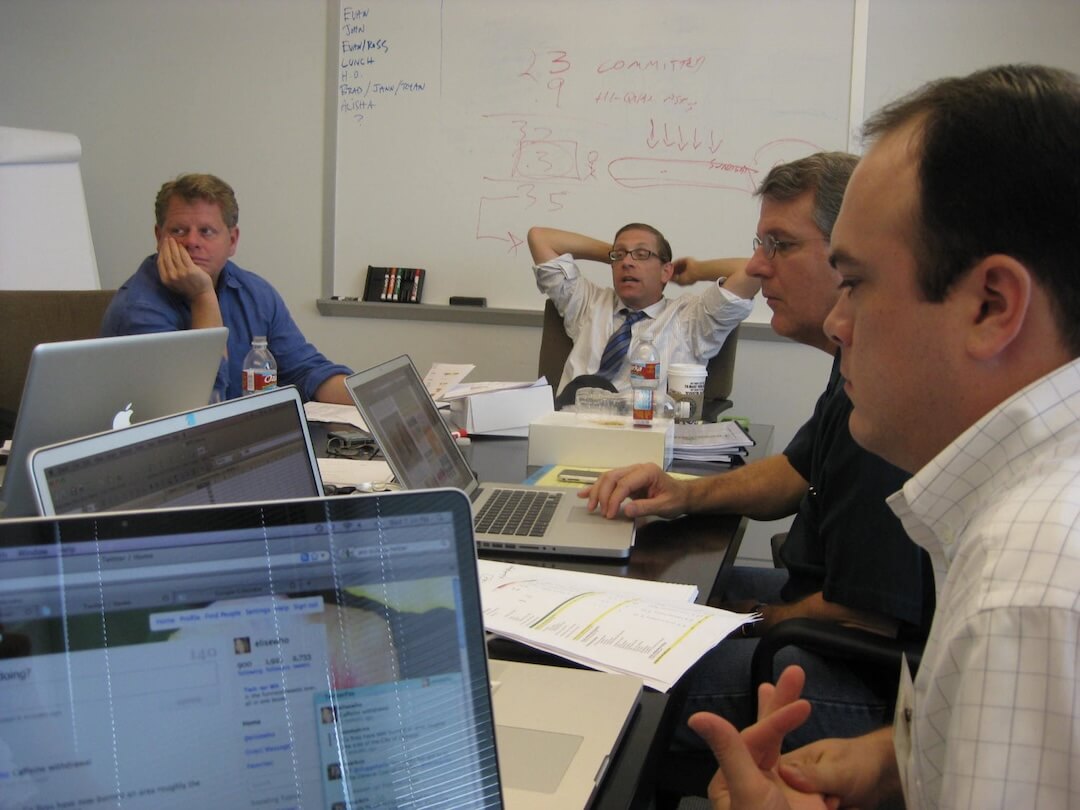In the span of 14 months at least 11 complaints, investigations and court cases have been lodged by President Rodrigo Duterte’s government against Filipino media site Rappler and its CEO Maria Ressa.
From the official point of view, Rappler deserves to be judged for a long list of tax violations and a cyber libel case. In January 2018, the Filipino Securities and Exchange Commission even revoked the site’s license to operate, and the battle to recover it is an ongoing process.
From Rappler’s point of view, this situation deserves the world’s attention. For their staff, it shows the Philippines’ “dark reality: how law and bureaucracy can be mobilized to silence an independent institution.” For Ressa, it could also be considered a case study about how public spheres and democracies around the world are being destroyed.
Rappler is the largest journalist-controlled media corporation in the Philippines and also a verified signatory of the International Fact-Checking Network’s Code of Principles. In 2018, Time Magazine named Ressa Person of the Year for her work in the field of journalism. In April, she was included in the publication’s ranking of Most Influential People.
According to Glenda Gloria, Rappler’s managing editor, she often gets approached by people in restaurants offering to pay for her meals. “It’s the least we could do for you and Rappler,” they tell her.
In elevators, far from any sort of governmental scrutiny, Filipinos shake her hand and say, softly, “We support you, carry on.” Some people even approach her crying, imploring her to keep doing her work.
Ressa, Gloria and Gemma Mendoza, Rappler’s research and content strategist, all spoke with the IFCN about this legal battle and about how it is affecting their fact-checking unit.
Mendoza emphasized that the claims being made by Duterte are still being — and will always be — fact-checked. Rappler, however, has had to begin offering therapy for those employees who are struggling with a barrage of digital hate speech and threats.
Here is our Q&A with Ressa, Gloria and Mendoza:
If you had to explain the legal battle to a foreigner, what would you say?
Gloria: They reflect this dark reality: that the law and the bureaucracy can be mobilized to silence an independent institution, the only journalist-controlled media corporation in the Philippines. At least 11 complaints, investigations and court cases were lodged against Maria and Rappler by the Philippines’ regulatory, investigative and prosecutorial bodies in a span of 14 months. That is unprecedented even in the Philippine and Southeast Asian context.
The following government entities have investigated and filed cases against us: the Office of the Solicitor General (the “principal law officer and legal defender of government”), the Securities and Exchange Commission (which acted on the SolGen’s request to probe Rappler and whose vision is to be the “champion of investor protection”), the tax bureau (Bureau of Internal Revenue), the National Bureau of Investigation (the investigative arm of the Department of Justice, DOJ), and the DOJ itself.
No other Philippine business has been subjected to such simultaneous legal attacks in recent years, except those known to have swindled customers or stolen public funds — which Rappler certainly has not committed!
These cases have taken much of Maria’s and Rappler’s time and resources, which would have been better spent growing our journalism and our business model at a critical time of massive disruption. We have a constantly updated story containing pertinent details of all our cases.
Ressa: The government seems to want to retain a veneer of rule of law so we are going through a tough process. In more than two years of these politically motivated legal acrobatics, Rappler has only had one decision in its favor, quickly overturned a week later when the case was filed by the Department of Justice.
“Legal acrobatics” is an interesting expression. Can you further explain that?
Gloria: The cases against Maria and Rappler are part of a pattern — that of government investigators and prosecutors are experimenting with legal theories.
For example, in the cyber libel case, there is this theory of republication. They do this to fit a particular entity or person but only after a campaign of public vilification.
Aided by a social media army that targets the Duterte mass base, public officials create a “new normal” first to show that critics and independent voices have become state enemies.
The cyber libel trial has started. In what situation is Ressa now?
Gloria: The prosecution presented its first two witnesses last week. We expect the trial to wind down by the end of September — and possibly a verdict by the end of the year.
This week, the prosecution was supposed to present as its witness the former head of the National Bureau of Investigation’s cybercrime unit that first dismissed the cyber libel complaint against Maria, Rappler and our former reporter.
Perhaps they belatedly realized that he, in fact, dismissed it, so he was not presented at all. (Here’s the story on how the dismissal was overturned a week after)
Ressa is obviously an important person for Rappler’s organizational structure. Is she able to go to the newsroom and work regularly?
Gloria: When she’s not traveling, Maria is always, always in the newsroom.
When she’s traveling, she’s still in the newsroom — virtually. She’s a bundle of energy and positive vibes, that I always joke that I would truly want to take whatever she’s been taking.
Not to say she does not call us out. Eye on the ball on our strategic goals and roadmap to the future — that’s her.
Have you, at Rappler, done any poll or research to measure Ressa’s support among the Filipinos? How is society reacting to this case?
Gloria: How does one measure support under a climate of fear?
In an environment that allows the killing of at least 20,000 people in a drug war that sees no end? In a country led by a president who assures the police he’d protect them if ever they’re charged for these killings?
Under a government that allows its presidential spokesperson to present a “matrix” of destabilizers that lumps independent media organizations with lawyers and activists? In a landscape where an opposition female senator is jailed on trumped-up charges and another opposition senator is facing rebellion charges for which he was already amnestied, and the duly elected vice president is facing a complaint of sedition?
In an online environment polluted by propaganda, manipulated by fake news, and driven by an army of bots and trolls?
Right, right. But do you feel any support?
Gloria: One measures sentiment in intimate instances where state power and surveillance could not reach: in restaurants, where people approach Maria for photos and pay for her meals (it’s the least we could do for you and Rappler, they’d say); in elevators, where they shake her hand and say, softly, we support you, carry on; in courts, where lawyers trying other cases give their cards to say, if you need more pro bono lawyers, count us in; in public places outside Metro Manila where one woman comes up to her in tears — for her, for her country, she said; among students and teachers who closely monitor her and Rappler’s cases and do not doubt that it is a press freedom issue; etc.
Does this mean Rappler has everyone’s support? Certainly not. The technical and complex nature of the cases hurled against us (ie, taxes, foreign investment, cyber libel) gives room for questions — and we welcome them.
We truly wish we had enough time and resources to sit down with everyone to explain these issues. We are not saying we are above scrutiny or regulation or oversight.
We’re saying, we have conducted our journalism and our business ethically, legally, and with public interest in mind. When we commit errors, we not only apologize for them, we acknowledge them publicly.
All our corporate transactions are transparent, duly filed with all agencies concerned. We have never used the law to duck from responsibilities or obligations. That the cases lodged against us were based on our corporate filings is the best proof of our transparent processes as a business and as a media organization.
Ressa: It’s hard to gauge public reaction when exponential lies laced with anger and hate spread faster than facts.
They astroturf the government’s narrative and coordinated attacks against alternative views help create a bandwagon effect.
The end goal is to cripple any beliefs in institutions — journalists and newsgroups are systematically attacked — so there is no challenge to president Duterte’s powerful voice. This is a case study of how democracies around the world are being destroyed: without facts, you can’t have truth. Without truth, there is no trust.
Without these, there is no public sphere, no public discussion, only one narrative. Many questions have also been raised about statistical surveys in a climate of fear — the interviews are done in the homes of respondents, after all.
How does this legal battle affect Rappler’s fact-checking unit? Have you changed anything?
Mendoza: No. The cases have not affected our fact checking efforts.
We believe it is important that we keep fact-checking, and we will continue doing this. We did, however, heighten security protocols for our staff.
Therapy sessions are offered to those who need them. But we are fortunate to have attracted to our team young idealistic journalists who want to make a difference.
How much digital hate speech and threats does Rappler’s team get?
Mendoza: It’s really difficult to explain how much digital hate and threats the team gets. Suffice to say we stopped counting manually and have turned to big data analysis so we can have a record of what is happening and make sense of it.
We draw our strength from those who have taken to defending Rappler online.
What is the best and the worst scenario ahead for Rappler? How do you picture the future?
Gloria: The best scenario is happening now: that Rappler is able to survive all the attacks against it, that it is able to thrive in the way it tells the nation’s stories, that it is able to rethink the future as it continues to retool itself so that it can help shape — and not just be a witness to — the fast-changing, chaotic journalism and economic environment globally.
The worst-case for Rappler is when the Philippines completely runs out democratic space.
That’s the worst-case not just for Rappler but for all Filipinos. I see a future of pushbacks as far as that is concerned. Incremental steps of taking democracy — and our hard-won freedoms — back.







